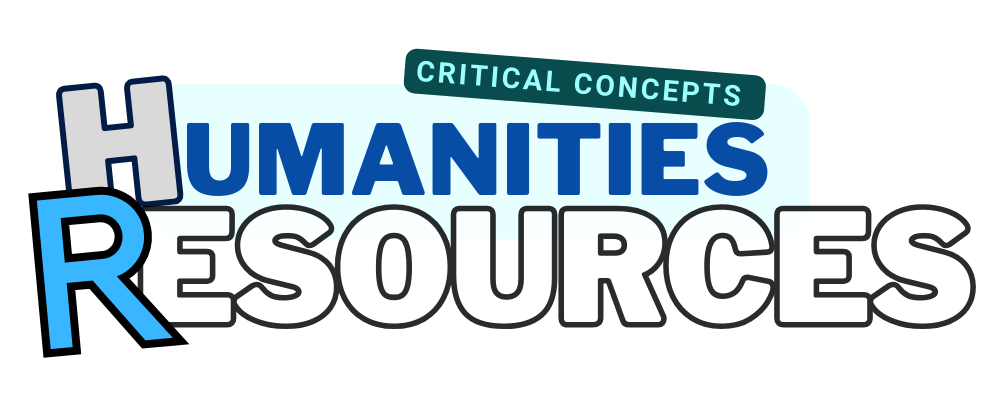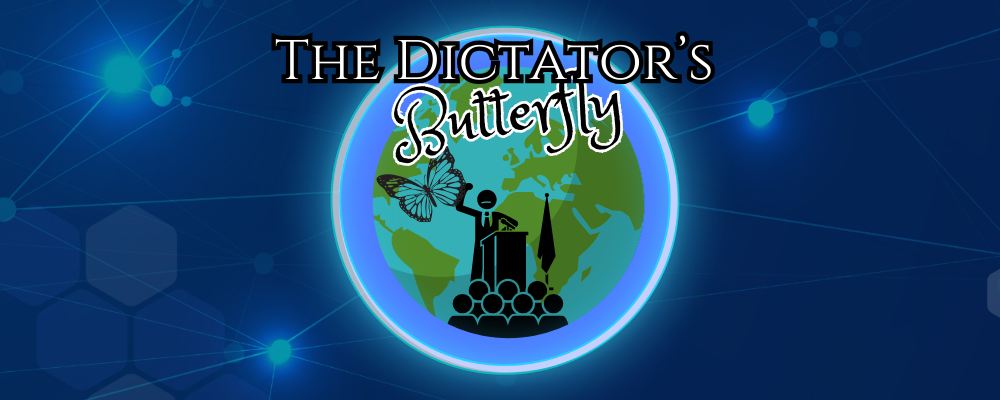The Butterfly Effect is a well-known idea from the world of chaos theory. Based on computer models used to predict weather events, the Butterfly Effect names the surprising finding that a tiny, seemingly insignificant, event - such as a butterfly flapping its wings, could play a decisive role in triggering a huge dramatic event - such as the formation of a hurricane on the other side of the world.
Whether an accurate description of physical reality or not (we will leave that to the scientists), the Butterfly Effect describes something both intuitive and counter intuitive.
The effect’s counter-intuitive quality derives not just from the problem of imagining the causal steps that would link the two events, but also from the human tendency to connect ‘big effects’ with ‘big causes,’ and to prefer explanations that are monocausal over multicausal.
In contrast, the intuitiveness of the Butterfly Effect follows from its similarity to two nuggets of folk wisdom: firstly, that chance occurrences—which we attach no significance to at the time—often prove pivotal in shaping the most significant dimensions of our lives; and secondly, that tiny forces can stealthily accumulate leading to a sudden dramatic tipping point (i.e., ‘the straw that broke the camel’s back).
Parallels In the Study of History
The telling of human history is full of the insignificant proving significant and the trivial proving consequential.
A famous illustration: for motorists, taking a wrong turn usually leads to time wasted and brief annoyance, but in Sarajevo in 1914 this blunder had dire consequences for the entire world. The driver in question was the chauffeur of the Archduke Franz Ferdinand, and the chauffeur’s wrong turn placed the heir presumptive to the Austro-Hungarian throne, in the crosshairs of Bosnian assassin Gavrilo Princip
While we cannot view this event as the cause (or most significant contributing factor) in the unfolding of World War One, the assassination —and thus, by implication, the wrong turn—is seen as a key inciting incident in the blood bath that was to follow.
The Dictator’s Butterfly
The life cycle of history’s most villainous men also reveals the dependency between the micro and the macro.
Through the inordinate power they possess, dictators have the strange ability to take historically quantum causes and amplify them to world- altering dimensions. Indeed, dictators are excellent examples of the great man theory of history – allowing, of course, that great men are almost always bad men.
Critical Concept: The Great Man Theory of History
An approach to the study of history which emphasises the role of the individual leader in shaping the development of history.
It is easy to see how a tyrannous ruler with the full backing of a nation’s military could influence wider forces and trends. But dictators are individuals. As mere individuals, they are no less subject to the whims of fortune than you or I.
Many mundane events will influence every dictator’s personality and path to power. A slight here, a compliment there, a chance meeting, or an unfortunate snub, can all prove decisive in informing how a despot comes to power, and the decisions they make when no one stands in their way.
It is only with the 20/20 vision that hindsight affords that these humdrum events explode with significance - exposing the dictator as a conduit between the most minor and major of past incidents.
Critical Concept: The Dictator’s Butterfly
The ‘dictator’s butterfly’ describes a seemingly trivial and chance event that has a significant influence on a dictator’s life, and thus the development of national and global history.
Of course, historical heroes, as much as historical villains, can serve as a bridge between one off, chance events and the most dramatic turns in history, but we will stick with ‘dictator’s butterflies’ over ‘philanthropists butterflies’ because it (quite frankly) sounds cooler.
What’s in a Name?
A curious example of how an event - which would have failed to raise any eyebrows at the time but arguably played a bizarre role in shaping the 20th century world is outlined by the chronicler of the Nuremberg trials, journalist William L Shirer.
There are many weird twists of fate in the strange life of Adolf Hitler, but none more odd than this one which took place thirteen years before his birth. Had the eighty-four-year-old wandering miller not made his unexpected reappearance to recognize the paternity of his thirty-nine-year-old son nearly thirty years after the death of the mother, Adolf Hitler would have been born Adolf Schicklgruber. There may not be much or anything in a name, but I have heard Germans speculate whether Hitler could have become the master of Germany had he been known to the world as Schicklgruber. It has a slightly comic sound as it rolls off the tongue of a South German. Can one imagine the frenzied German masses acclaiming a Schicklgruber with their thunderous “Heils”?
Hitler Made Me ‘Me’
We can go even further than Shirer when considering historical counterfactuals relating to the Fuhrer.
Critical Concept: Historical Counterfactual
A 'historical counterfactual' is a thought experiment in which one tries to imagine what might have happened if the past were altered in some way.
An interesting ‘what if’ concerns how Hitler shifted the genetic destiny of the world.
Unlike Genghis Khan, Hitler was not a lady’s man, fathering hundreds of children. Even so his warmongering mobilised millions of people into new regions of the world and prompted billions of novel human interactions, not to mention deaths,
Unless your ancestors of that period lived in some remote region, it seems highly unlikely that they were untouched by the colossal global reconfigurations of World War Two. Without Hitler’s evil scheming then, the odds that your forebears would have met under the circumstances required to produce the same line of offspring that terminates in you (with your distinct context, genetics and personality) seems practically equal to zero.
Hitler was of course no butterfly but if his political success depended on the fortunate sidestepping of a daft surname, we once again have a quantum event driving a historical hurricane.
In conclusion, in so far as we value our existence as we find it, it seems we owe a curious debt to both fortune and to evil…


